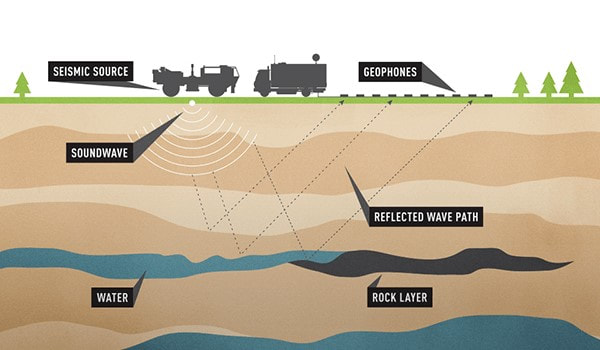All Categories
Featured
Table of Contents
Geophysical Survey Services - Ohio Valley Archaeology in Bateman Oz 2021
Much of the image consists of blank locations now with little or no radar reaction. The "yard" wall is still showing highly, however, and there are continuing tips of a tough surface area in the SE corner. Time slice from 23 to 25ns. This last piece is now almost all blank, however a few of the walls are still revealing highly.
How deep are these pieces? Regrettably, the software application I have access to makes estimating the depth a little difficult. If, nevertheless, the leading 3 slices represent the ploughsoil, which is most likely about 30cm think, I would think that each piece is about 10cm and we are only coming down about 80cm in total.

Fortunately for us, the majority of the websites we have an interest in lie simply listed below the plough zone, so it'll do! How does this compare to the other techniques? Comparison of the Earth Resistance information (leading left), the magnetometry (bottom left), the 1517ns time piece (top right) and the 1921ns time piece (bottom left).
Geophysical Methods in Palmyra Western Australia 2023
Magnetometry, as talked about above, is a passive method determining regional variations in magnetism versus a localised absolutely no worth. Magnetic susceptibility study is an active strategy: it is a procedure of how magnetic a sample of sediment might be in the existence of an electromagnetic field. Just how much soil is checked depends on the size of the test coil: it can be extremely little or it can be reasonably big.
The sensor in this case is extremely little and samples a tiny sample of soil. The Bartington magnetic vulnerability meter with a big "field coil" in use at Verulamium throughout the course in 2013. Top soil will be magnetically improved compared to subsoils simply due to natural oxidation and reduction.
By determining magnetic susceptibility at a fairly coarse scale, we can detect locations of human occupation and middens. Sadly, we do not have access to a dependable mag sus meter, but Jarrod Burks (who assisted teach at the course in 2013) has some exceptional examples. One of which is the Wildcat website in Ohio.
Geophysical Survey And Remote Sensing Techniques in West Swan Western Australia 2022
These villages are often laid out around a central open location or plaza, such as this rebuilt example at Sunwatch, Dayton, Ohio. Sunwatch Town, Dayton, Ohio (picture: Jarrod Burks). At the Wildcat site, the magnetometer study had found a variety of features and homes. The magnetic susceptibility study assisted, however, define the primary area of occupation and midden which surrounded the more open area.
Jarrod Burks' magnetic vulnerability study results from the Wildcat website, Ohio. Red is high, blue is low. The strategy is for that reason of terrific use in defining locations of general occupation instead of determining specific features.
Geophysical surveying is a used branch of geophysics, which utilizes seismic, gravitational, magnetic, electrical and electromagnetic physical approaches at the Earth's surface area to determine the physical properties of the subsurface - Geophysical Survey in Mount Nasura WA 2021. Geophysical surveying approaches generally measure these geophysical properties in addition to abnormalities in order to examine numerous subsurface conditions such as the presence of groundwater, bedrock, minerals, oil and gas, geothermal resources, spaces and cavities, and a lot more.
Latest Posts
Geophysical Survey Definition in Bayswater Oz 2023
Geophysical Surveys: Definition & Methods in Ardross Australia 2020
What Is Geophysics And What Do Geophysicists Do? in Maddington WA 2023